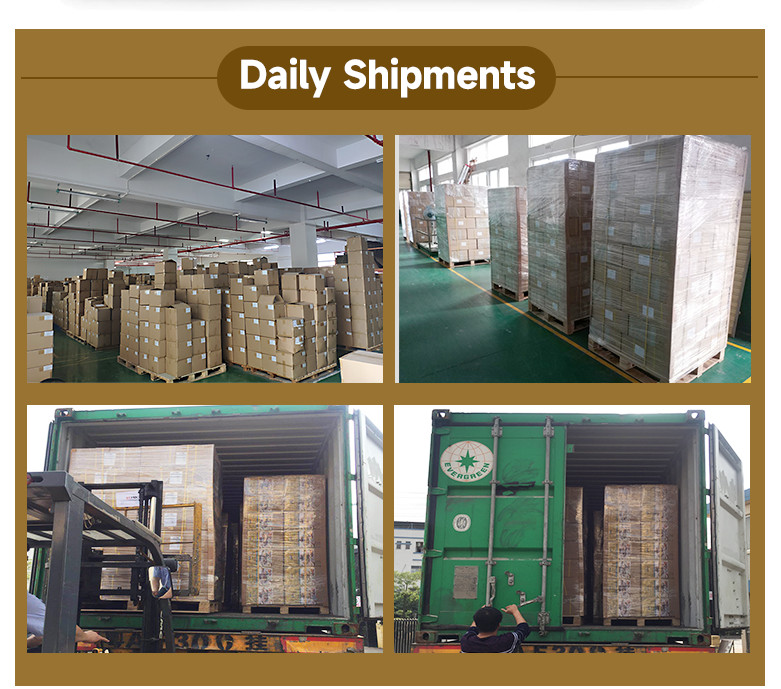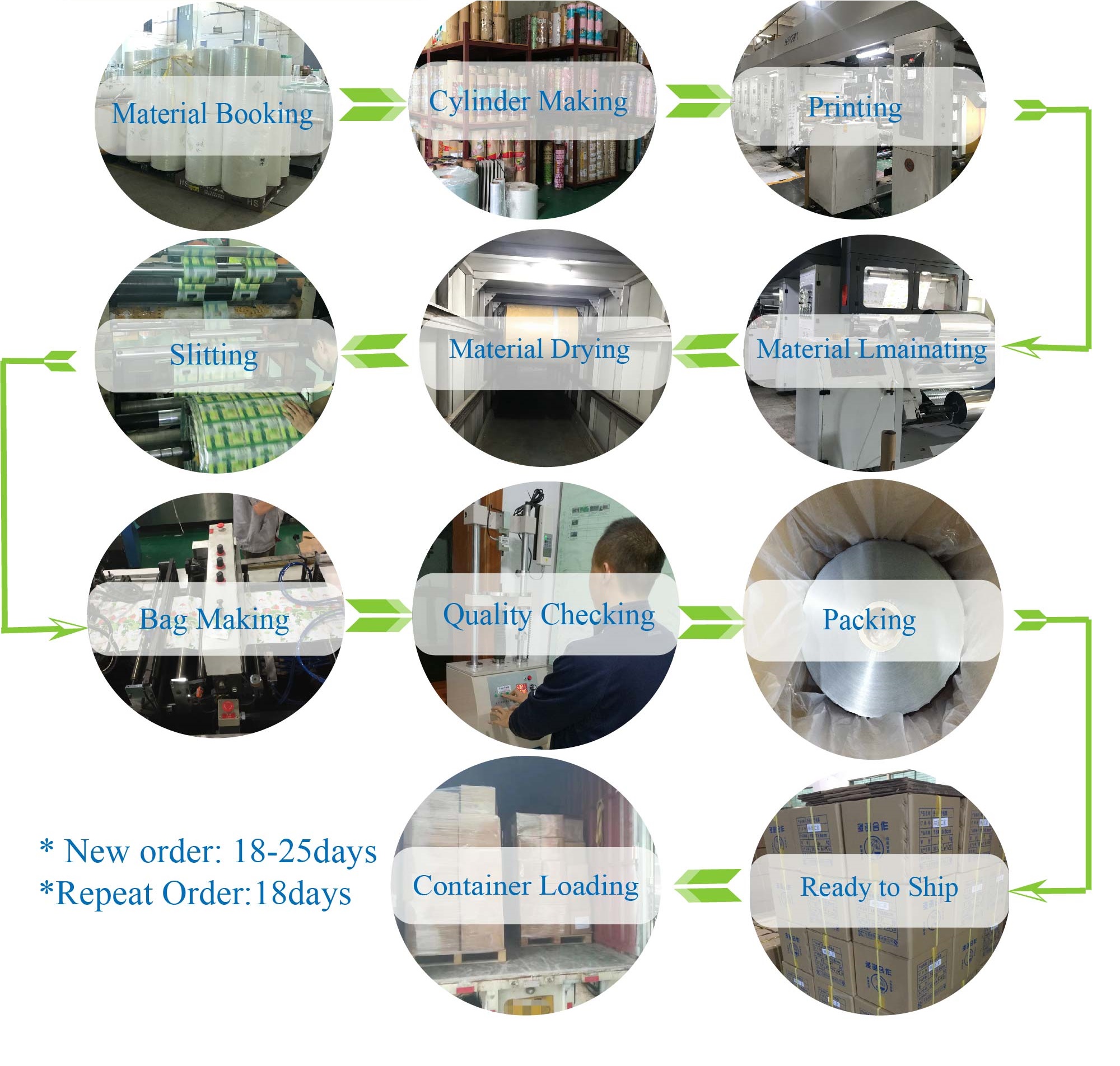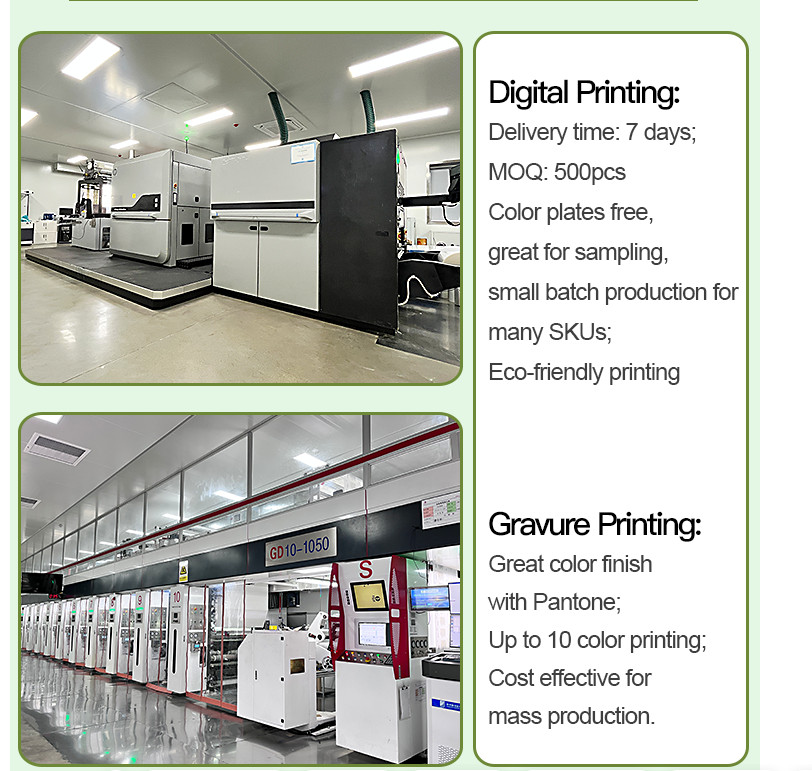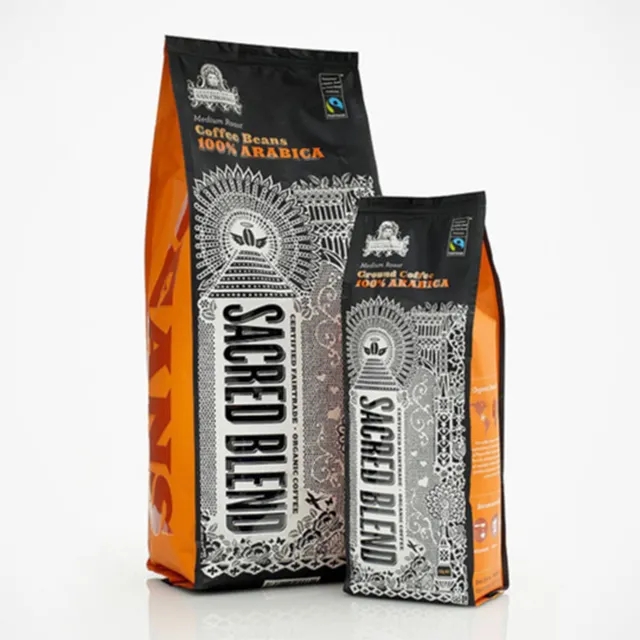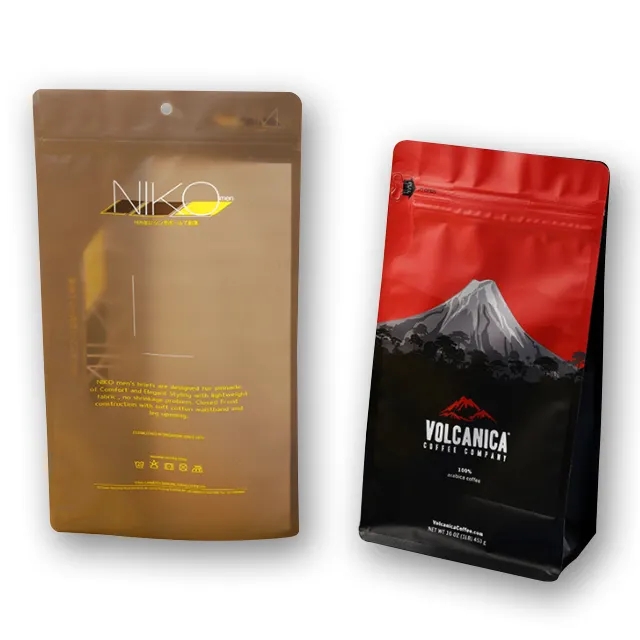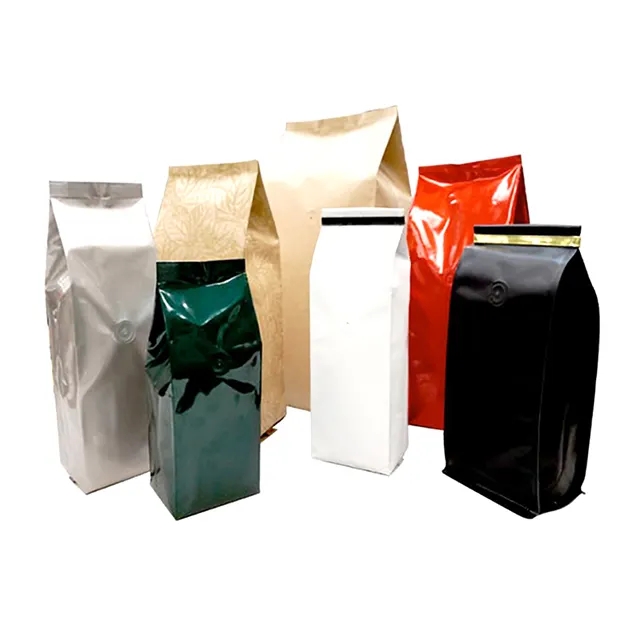Plastic Coffee Bags: A Sustainable Path to Preserve Flavor and Nature’s Gifts
Introduction:
Plastic coffee bags have embarked on a sustainable journey, reimagining the coffee industry with their commitment to preserving both the rich flavors of coffee and the precious gifts of nature. In this article, we will explore how these bags have revolutionized packaging with their eco-friendly materials, waste reduction efforts, and dedication to ethical sourcing. As they safeguard the essence of coffee while nurturing the environment, plastic coffee bags epitomize the harmonious coexistence of taste and environmental consciousness.
1. Embracing Eco-Friendly Materials:
Plastic coffee bags champion the use of eco-friendly materials, leading the charge towards a more sustainable coffee industry. Manufacturers prioritize biodegradable plastics sourced from renewable resources, reducing their impact on the environment. By choosing eco-friendly materials, these bags demonstrate a genuine commitment to preserving nature’s beauty and ensuring a thriving ecosystem for future generations.
2. Fostering Waste Reduction for a Cleaner Tomorrow:
Plastic coffee bags actively foster waste reduction initiatives, advocating for a cleaner and greener world. Encouraging consumers to return used bags for recycling or repurposing promotes a circular economy, where valuable resources are conserved. The bags’ durability allows for multiple uses, minimizing single-use packaging waste. Embracing waste reduction strategies, these bags set an example for responsible packaging practices within the coffee industry.
3. Preserving Coffee Freshness and Quality:
Plastic coffee bags play a pivotal role in preserving the freshness and quality of coffee. Equipped with advanced preservation technology, including one-way degassing valves and multi-layered barriers, these bags shield coffee beans from oxygen and light. The result is coffee that retains its authentic flavors and aromas, delivering an exceptional coffee experience that captivates connoisseurs’ senses.
4. Promoting Ethical Sourcing and Environmental Stewardship:
Ethical sourcing and environmental stewardship form the foundation of plastic coffee bags’ sustainable journey. Manufacturers collaborate with suppliers who adhere to fair trade practices, ensuring that raw materials are sourced responsibly and sustainably. By supporting ethical supply chains, these bags positively impact coffee farming communities and contribute to a more equitable and environmentally conscious coffee industry.
5. Empowering Consumers for a Greener Lifestyle:
Plastic coffee bags empower consumers to make conscious choices that benefit both coffee and the environment. Transparent labeling and educational initiatives inform consumers about the bags’ eco-friendly features and responsible disposal practices. Brands actively encourage consumers to participate in sustainability initiatives, fostering a sense of shared environmental responsibility. By empowering consumers, plastic coffee bags inspire collective action towards a greener and more sustainable lifestyle.
Conclusion:
Plastic coffee bags have set foot on a sustainable path, preserving the richness of coffee while safeguarding nature’s blessings. Through eco-friendly materials, waste reduction initiatives, ethical sourcing, and consumer empowerment, these bags exemplify the transformative power of sustainable practices.
As the coffee industry embraces sustainability, plastic coffee bags will continue to lead the way, shaping a coffee culture that cherishes the essence of coffee while nurturing the environment. Together, let us raise our cups to a world where taste and sustainability unite, cultivating a thriving future for coffee enthusiasts and the planet alike. With plastic coffee bags guiding the way, the coffee industry embarks on a journey of flavor preservation and environmental stewardship, leaving a positive impact for generations to come.

